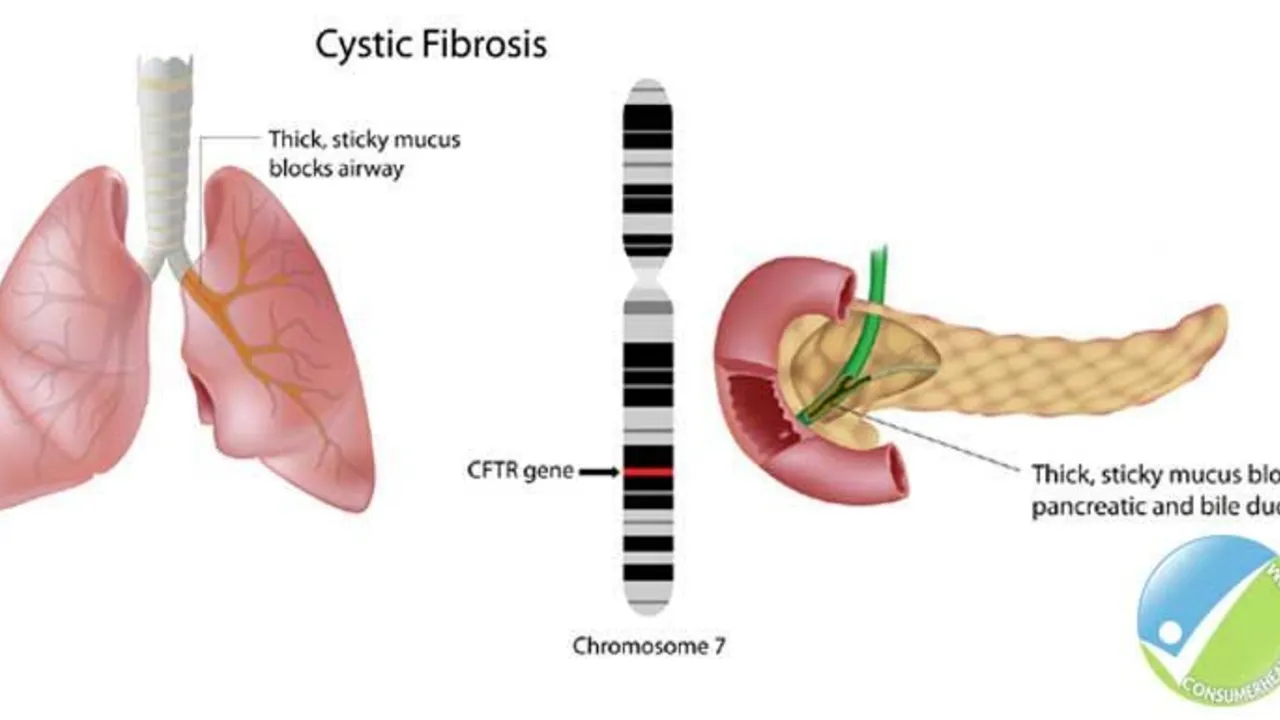Cystic Fibrosis: What It Is, How to Spot It, and Which FDA‑Approved Treatments Work
If you or someone you love has been told they have cystic fibrosis (CF), the first thing to know is that it’s a genetic condition that mainly hits the lungs and digestive system. It’s caused by a tiny defect in a gene that makes thick, sticky mucus. That mucus can block airways, trap bacteria, and make it hard for the pancreas to release enzymes.
Typical signs pop up early in life. Kids often cough a lot, have salty‑tasting skin, and struggle to gain weight despite a big appetite. Frequent lung infections, wheezing, and shortness of breath are common clues. If you notice these symptoms, a sweat test or genetic screening can confirm the diagnosis.
How Modern Medicine Tackles CF
In the past, treatment was mostly about managing symptoms: chest physiotherapy, antibiotics for infections, and enzyme pills for digestion. Today, the game has changed thanks to FDA‑approved drugs that target the underlying genetic defect. Medicines like ivacaftor, lumacaftor/ivacaftor, and the newer triple combo elexacaftor/tezacaftor/ivacaftor dramatically improve lung function and quality of life for many patients.
These drugs aren’t a cure, but they help thin the mucus, reduce flare‑ups, and keep you out of the hospital. They’re prescription‑only, so you’ll need a specialist’s evaluation and regular monitoring of liver function. Insurance coverage can be tricky, but many programs exist to help offset the cost.
Practical Tips for Living Well with CF
Even with breakthrough meds, daily habits still matter. Airway clearance techniques—like using a vibrating vest or doing percussion with a partner—clear mucus before it becomes a breeding ground for bacteria. Staying active, whether it’s a brisk walk or a swim, helps keep lungs strong.
Nutrition is another pillar. High‑calorie, high‑protein foods and enzyme replacements make sure you absorb enough nutrients. Keep a food diary, and work with a dietitian who knows CF. Also, never skip vaccinations; flu and pneumonia shots can prevent serious complications.
When infections hit, early antibiotics are key. Many patients keep a “rescue kit” with oral antibiotics prescribed by their doctor for quick use. If you notice a change in sputum color, new fever, or increased coughing, call your care team right away.
Finally, mental health shouldn’t be ignored. Living with a chronic disease can be stressful, so consider counseling or joining a CF support group. Sharing experiences with others who get it can boost motivation and reduce anxiety.
At FDA‑approved Rx Network, we keep an eye on the latest FDA approvals, dosage updates, and safety tips for all CF medications. Bookmark our site to stay informed about new therapies, clinical trial results, and practical advice that can help you or a loved one manage cystic fibrosis more effectively.

